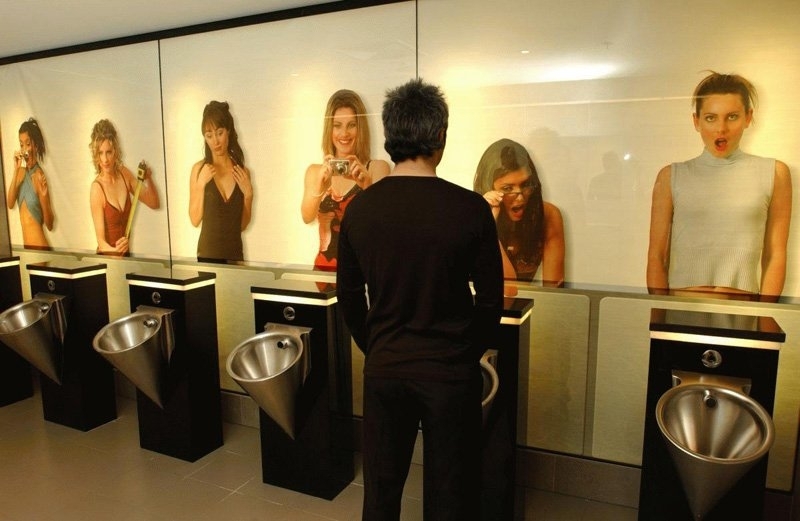We have to work within the boundaries of what’s possible given the history of the social system, the constraints of technology, the limitations of budgets, and cultural limits of the society wich endevers to implement the socio-technical system.
Pipsqueak Articles
Posts written by Olga Werby or Christopher Werby
Background Knowledge, Cognitive Blindness, Cultural Bias, Cultural Differences, Ethnographic & User Data, Pipsqueak Articles
Cultural Differences or Child Abuse
by Olga Werby •
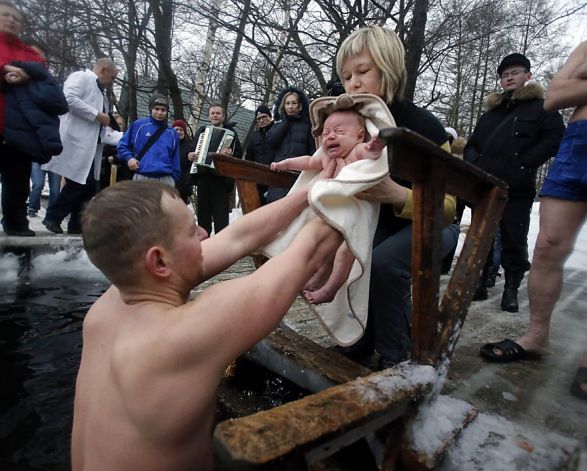
We view the world through our own personal and cultural filter. We can’t help but do that. But put us in another cultural frame or time period, and we might be horrified at what we might witness. Consider this image: This baby is only two months old. And the people about to dip him into the freezing waters of St. Petersburg’s lake are his parents. I’ve been to this lake. I saw my own dad do the dip. He was a grown man at the time, and I still thought it was crazy. In Russia, the folksy wisdom is that such dips are good for you. But here, in U.S., the parents would be arrested, their son taken away by child protective services… It’s all relative! And here’s a few examples: /blog/2011/01/cultural-differences-or-child-abuse/
Background Knowledge, Language, Pipsqueak Articles
Ambiguity of Natural Language and Computer Language Interpretation
by Olga Werby •
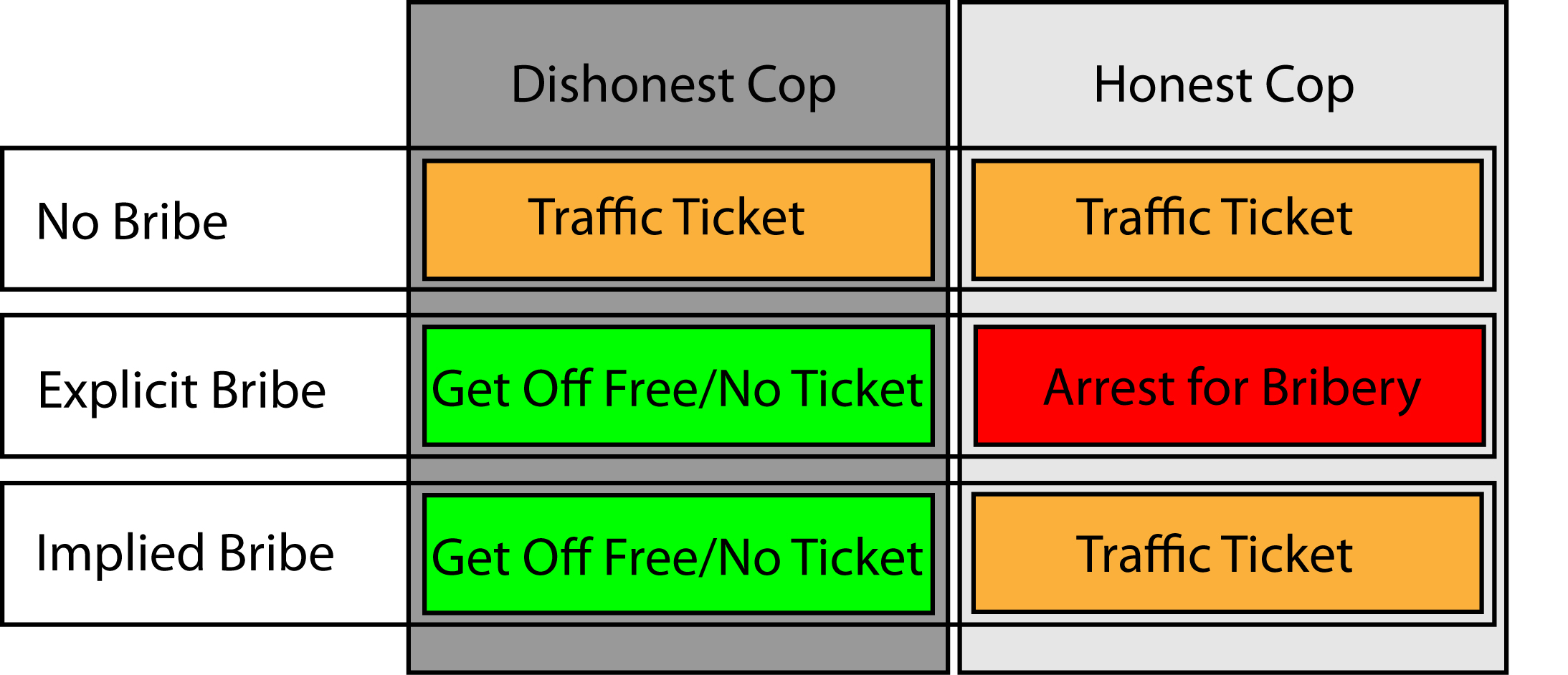
In his book “The Stuff of Thought: Language as a Window into Human Nature”, Steven Pinker gave the following defense of language ambiguity: Imagine you are stopped by a traffic cop for a violation. You would rather not get a ticket, and consider offering the cop a bribe. You have options: no bribe and definitely get the ticket; try a bribe and hopefully the cop will accept and let you go free this time. But what if the cop is an honest cop and doesn’t accept bribes? Then you just bought yourself a trip to jail for bribing an officer! That’s the worst possible outcome — a traffic ticket is better than a trip to jail AND a traffic ticket. But what if you just “sort of” offer the officer a bribe? Wave a wad of cash without actually offering it to the officer? A dishonest cop might take you up on the offer and let you go without a ticket. An honest cop could ignore the whole cash waving and write a ticket; or he could ask for clarification: “Are you trying to bribe me?” “On, no, officer. Of course not!” And you are left with a traffic ticket…
Pipsqueak Articles, Reference
Press Release: World’s Tech Elite Named to Interaction-Design.org Board
by Olga Werby •
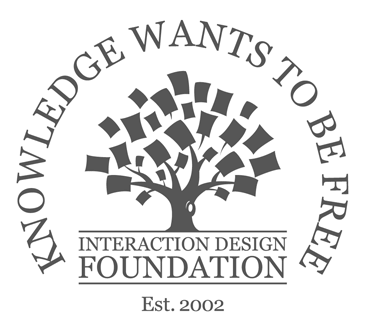
Today the Interaction Design Foundation, the IDF, has announced its new executive board. The executive board includes Don Norman; Bill Buxton, Principal Researcher at Microsoft Research; Ken Friedman, professor and former dean of the Faculty of Design at Swinburne University, Australia; Michael Arent, vice president of user experience at SAP Business Objects; Olof Schybergson, founder and CEO of Fjord, a digital service design consultancy; Jonas Lowgren, a professor of interaction design at Sweden’s Malmo University; and Dan Rosenberg, a user experience executive, consultant, and professor. All executive board members are serving gratis. The foundation’s keystone project is Interaction-Design.org, a website that publishes free and open educational materials for students, industry leaders and individual tech designers. The present centerpiece of the IDF is the ever-expanding Encyclopedia of Human-Computer Interaction written by 100+ leading designers, Ivy League professors, CEOs, futurists and bestselling authors from across the high-tech universe. Currently, the encyclopedia numbers 35 short textbooks or chapters which students, professors and professionals can assemble in any way they want in order to make their own individualized compendium. Don Norman has also contributed to a chapter. Three other contributing authors are Clayton Christensen, the Harvard professor praised as “brilliant” by New York Mayor…
Anchoring Errors, Background Knowledge, Background Knowledge Errors, Cognitive Blindness, Conceptual Design, Diagnostic Errors, Ethnographic & User Data, Interaction Design, Interface Design, Misapplication of Problem Solving Strategies, Perception, Perceptual Focus Errors, Pipsqueak Articles, Product Design Strategy, Scaffolding, Users, Working Memory
Task Analysis and Product Design
by Olga Werby •
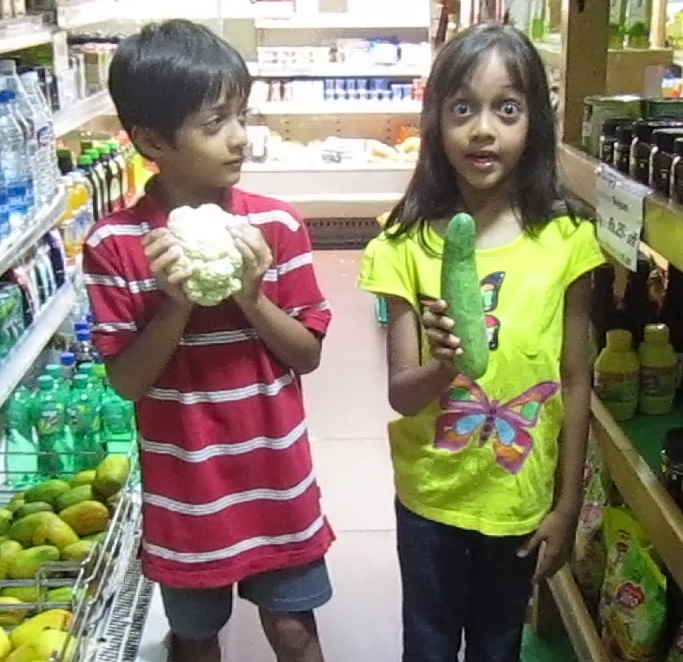
Imagine your were given an assignment to develop a product that could help people eat healthy. How would you go about creating such a thing? What would you need to learn/understand? What is the right medium or technology vehicle for such a product? How would you even start? Below is a very brief outline of how to get started and the key tools necessary for the job. Project Goals The first order of business is figuring out the business needs and goals: What is the product really supposed to do? You have to ask this even if you are the one who is the client on this project. But, most probably, you are working for someone else — the client — and you have to start by understanding what your client really wants to do. You can do that in several ways: Analyzing the Request for Proposals: On many such projects, there will be an initial document, something like an RFP, that outlines the business goals and desires of the client. While some RFPs are very detailed and fully fleshed out, most are not. There are many reasons for this. Some clients are worried someone will “steal” their ideas and…
Conceptual Design, Cultural Bias, Cultural Differences, Interaction Design, Interface Design, Pipsqueak Articles, Product Design Strategy, Scaffolding
Going Potty…or iPotty!
by Olga Werby •
Background Knowledge, Causal Net Problems, Diagnostic Errors, Language, Mental Model Traps, Misapplication of Problem Solving Strategies, Perceptual Focus Errors, Pipsqueak Articles, Scaffolding
Musings on Failure in School
by Olga Werby •
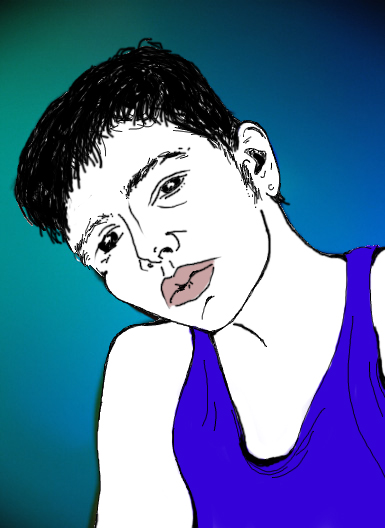
The Math Obstacle In the past few years, reports came out showing strong correlation between failing Algebra and graduation rates — if a kid fails math, he/she won’t be getting their high school diplomas. Here are a few articles describing the studies: “Is Removing Algebra a Key to Reform?” by Daniel Duerden, August 13, 2012 “A Comprehensive Study of the Predictors of High School Outcomes: Why Some Students Graduate on Time While Others Drop Out”. “A Correlation Study of Accuplacer Math and Algebra Scores and Math Remediation on the Retention and Success of Students in the Clinical Laboratory Technology Program at Milwaukee Area Technical College” by James Manto, August 2006. “Is high school tough enough: Full report” by The Center for Public Education. There are many more… Some suggested that based on evidence, we might just want to drop the math curriculum from high school graduation requirement — if there’s a strong correlation, perhaps by removing math, we might remove the problem and more kids graduate. Obviously, I don’t think that this a great solution. But I do come across the math problem a lot as part of the educational evaluations I do in my small practice. What I see…

